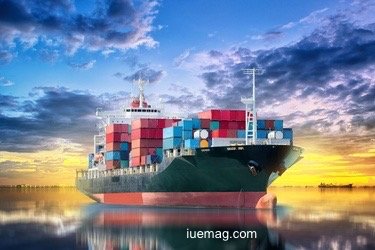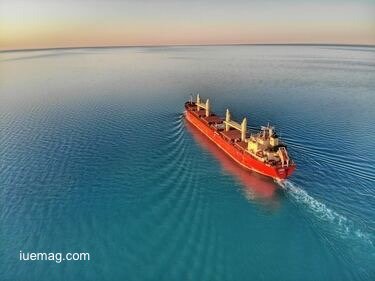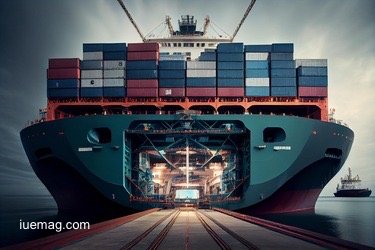

The Crucial Role Of A Charterer In The Shipping Industry
 The shipping industry has long been the backbone of global commerce, and a central part of this is the role of charterers. This critical function has the ability to impact almost every facet of maritime logistics. Whether you’re searching for chartering jobs or simply interested in the role that they play within the industry, let us dive into what charterers do, the significance of their role, and how their roles are changing in light of new technologies and regulatory demands.
The shipping industry has long been the backbone of global commerce, and a central part of this is the role of charterers. This critical function has the ability to impact almost every facet of maritime logistics. Whether you’re searching for chartering jobs or simply interested in the role that they play within the industry, let us dive into what charterers do, the significance of their role, and how their roles are changing in light of new technologies and regulatory demands. What Is A Charterer?
Chartering involves both the hiring or leasing of a vessel and its crew. Charterers are the middle ground between the shipowners and the suppliers or businesses looking to ship goods. They are in charge of negotiating contracts and terms of the hire, as well as determining the type of charterer. A charterer’s role can apply to voyage charters, time charters, or bareboat charters.
A charterer will need to have a deep understanding of the market and all of the legal dynamics that come with it. They must also have a strong grasp on shipping logistics and be able to properly assess supply and demand for both their ship's capacity and the suitability of a ship for different types of cargo.
 The decisions that charterers make can have a direct influence on how efficient the operations are, how cost-effective they are and that the goods are delivered in a timely manner.
The decisions that charterers make can have a direct influence on how efficient the operations are, how cost-effective they are and that the goods are delivered in a timely manner. What Are The Responsibilities Of A Charterer?
The responsibilities of a charterer are vast. Firstly, charterers must properly research the market in order to source appropriate vessels based on the cargo they are carrying and the destination, as well as any other specific requirements.
It is also the primary responsibility of the charterer to negotiate contracts and agreements, which requires a deep knowledge of legal and commercial requirements. Other responsibilities of a charterer include cargo planning, stowage, regulatory compliance, operational coordination, financial management, and environmental considerations.
How Is The Role Of A Charterer Changing?

As new technologies and regulations are introduced to the shipping industry, the role of a charterer continues to change. One of the biggest issues that is influencing the role of a charterer is environmental sustainability and the reduction of greenhouse gas emissions. New regulations, such as those put in place by the International Maritime Organisation (IMO) push the industry to be greener by significantly reducing emissions.
With these changes in regulations, charterers need complete visibility on new areas that they may not have required before, such as a vessel’s emissions performance. This will allow them to meet both contractual obligations and regulatory compliance. With the introduction of real-time data on areas like fuel consumption and carbon emissions, charterers are able to make more informed decisions - but they first need to be able to read this information which was not previously a requirement. Charterers also have the potential to further influence the industry’s global emissions, with many investigating different avenues like alternative fuels to help vessels meet these new regulations. As you can see, the role of the charterer is expanding rapidly in light of these new regulations and technologies. Still, it remains as crucial as ever when it comes to managing operational efficiencies.
Copyrights © 2026 Inspiration Unlimited - iU - Online Global Positivity Media
Any facts, figures or references stated here are made by the author & don't reflect the endorsement of iU at all times unless otherwise drafted by official staff at iU. A part [small/large] could be AI generated content at times and it's inevitable today. If you have a feedback particularly with regards to that, feel free to let us know. This article was first published here on 10th April 2024.
Want to Publish About Your Business / Achievements
Let's Discuss Right Away!

All chats are end-to-end encrypted by WhatsApp and won't be shared anywhere [won't be stored either].

